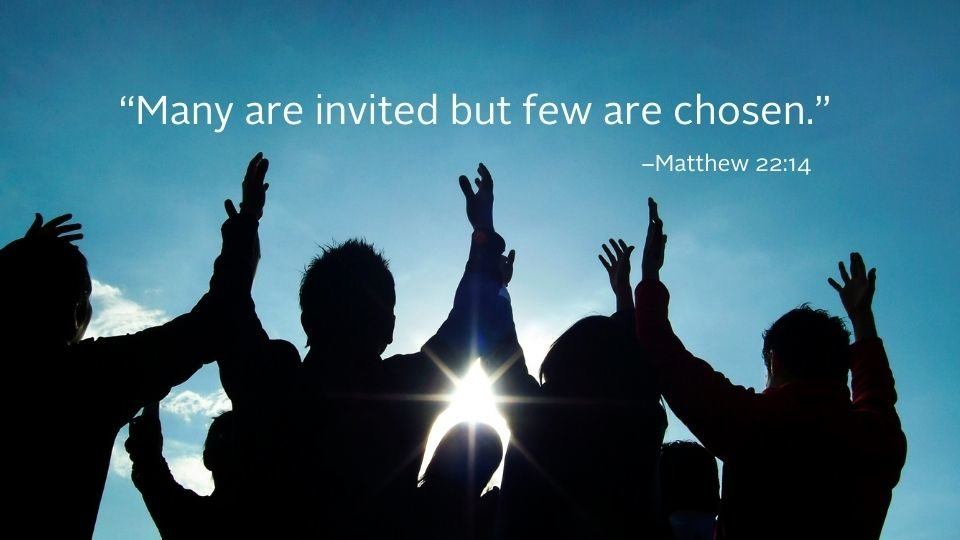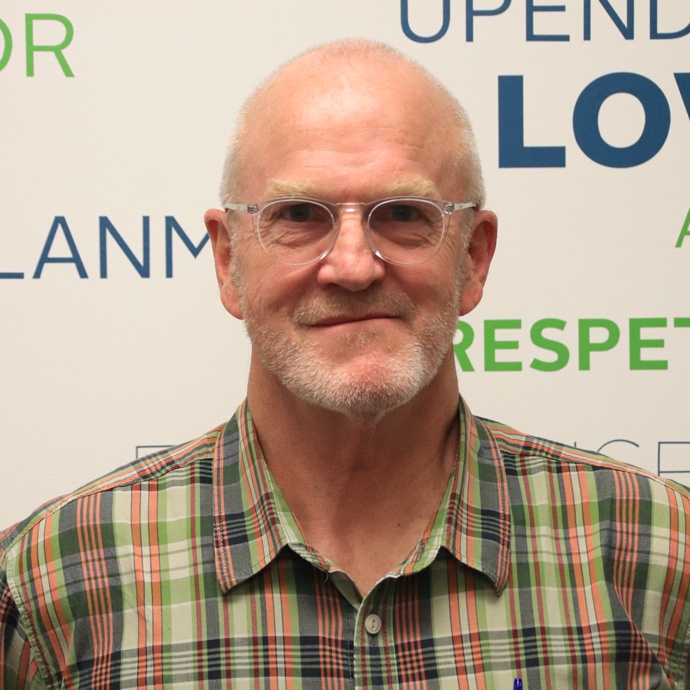Humility Is a Virtue — Your Weekly Reflection from CMMB

Over the past two weeks we’ve followed Jesus’ confrontations with Jewish religious leaders. In today’s reading, their conversations continue.
In another parable, Jesus compares the Kingdom of Heaven to a wedding feast. The story begins with a king, who sends his servants to invite guests on his behalf. To the surprise of the religious leaders, the guests refuse the invitation.
Angered that his intended guests have now proved themselves unworthy, the king tells his servants to go out and invite anyone they can find—good and bad alike. Soon enough the banquet is filled with guests and the king comes to greet them.
At the end of the parable, the king discovers a man who has attended the party inappropriately dressed. Angered once again that someone has proved unworthy to attend, he kicks the man out and proclaims, “Many are invited, but few are chosen.”
“Many are invited, but few are chosen.”
The king’s final words are full of meaning. They remind us that while God invites everyone to the Kingdom of Heaven, only some prove worthy to stay. We are all invited to be disciples of God, but only some follow.
Jesus’ message in this parable is one of humility. We are not given a place in the Kingdom of Heaven unconditionally. We earn our place by accepting our invitation and following the call of discipleship.
At CMMB, humility is a virtue we witness in every person, partner, and organization that contributes to our mission—but especially in our volunteers. They follow the call of discipleship across oceans to serve people they’ve never met, in places they’ve never been. And, when they return home, the stories they tell are not of the lives they touched, but of those who touched their own.
We’ll conclude this week’s reflection with the words of Dr. Mike Pendleton, a longtime volunteer who served in the Nuba Mountains of Sudan during the height of COVID-19. After returning home, we asked Dr. Pendleton to share what he says about his experience when asked by friends and family. His response is a powerful reminder of why we do the work that we do. You can read more about Dr. Pendleton’s time in Sudan on our blog.
I think people spend way too much time worrying about me when the story really isn’t about me. It’s about the people that I served. These folks have survived so much, from war and bombings to their own pandemic—drought. Their heroism is pretty amazing and that’s what I’m trying to communicate to people when they ask me to talk about my experience.
In grace and peace,
CMMB